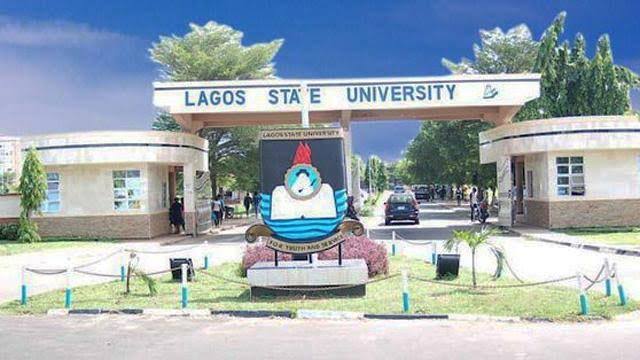The absence of a national transport policy, according to Professor Gbadebo Odewumi of Lagos State University’s (LASU) Department of Transport Planning and Policy, is worrying since it limits the industry’s potential to boost the country’s economy.
He advocated for a comprehensive program that brings together all forms of transportation, including road, rail, water, air, and pipeline, under one roof.
Odewumi criticised the existing practice of dividing up transport modes across various government bodies in his 99th inaugural address at LASU. He underlined the importance of coordination and integration and suggested that all transportation agencies be incorporated under the Ministry of Transportation, with a minister and minister of state in charge of each mode.
In addition, Odewumi emphasised the state of disarray in the road sector, which he defined as the most important means of transportation, handling more than 90% of passenger traffic.

Citing a research project funded by the Lagos State government that investigated the use of solid waste materials for road construction, he recommended the adoption of local resources and technologies for road repair and development.
Furthermore, Odewumi emphasised the significance of professionalising transportation management by choosing skilled leaders. He emphasised the importance of a coordinated approach to transport policy in realising the sector’s full potential.
In Essence
His concern is valid because fragmented management of transport sectors by different government bodies leads to inefficiency, duplication of efforts, and delays in addressing the country’s transportation challenges.
Odewumi’s recommendation to consolidate all transport modes under one ministry with separate leadership for each mode is a logical step toward achieving better coordination.
This would help streamline operations, improve infrastructure development, and ensure that policies are implemented uniformly across the board.
The lack of such integration has likely contributed to the challenges Nigeria faces in transport management, including poor road infrastructure, inadequate rail services, and inefficient logistics chains.
His critique of the road sector, which handles over 90% of passenger traffic, draws attention to the urgent need for reforms in this critical area.
The innovative suggestion of using solid waste materials for road construction, as studied in Lagos State, is an excellent example of how local resources and sustainable practices can be employed to improve road infrastructure. This would not only reduce construction costs but also tackle environmental issues like waste management.

















